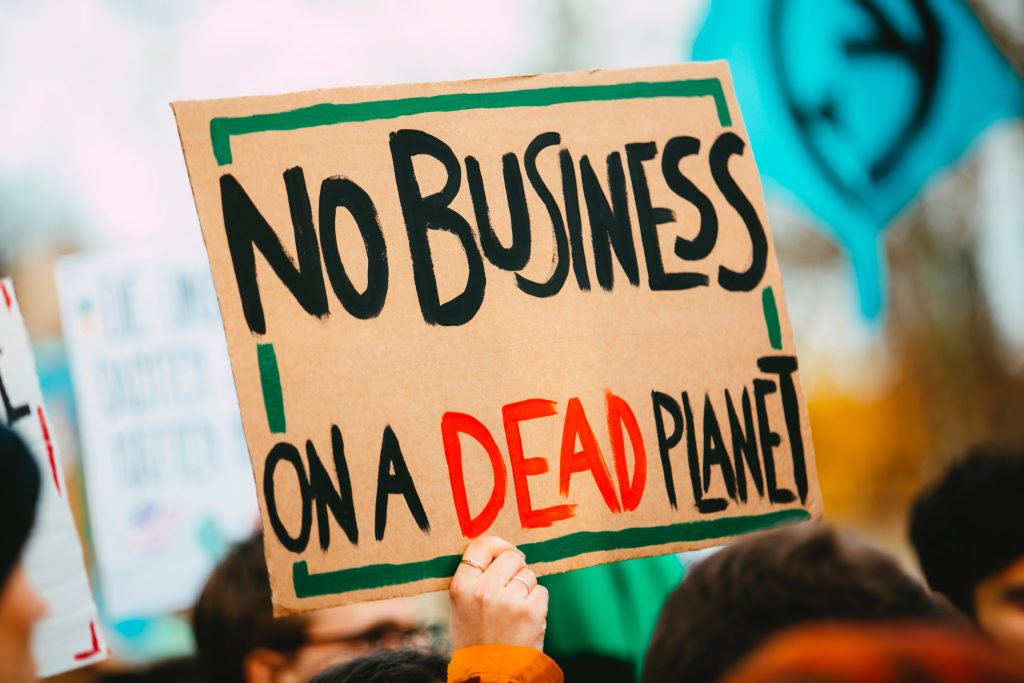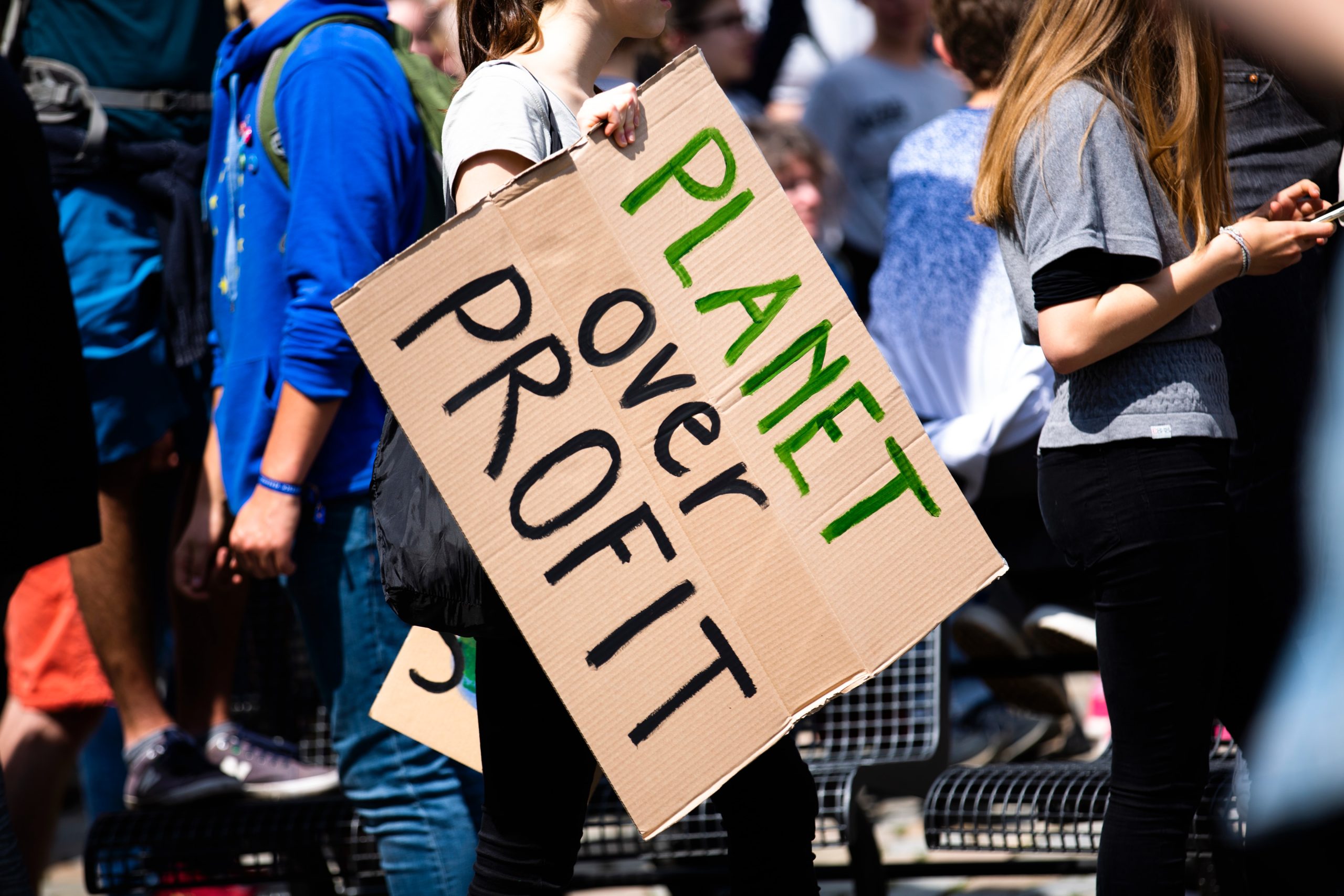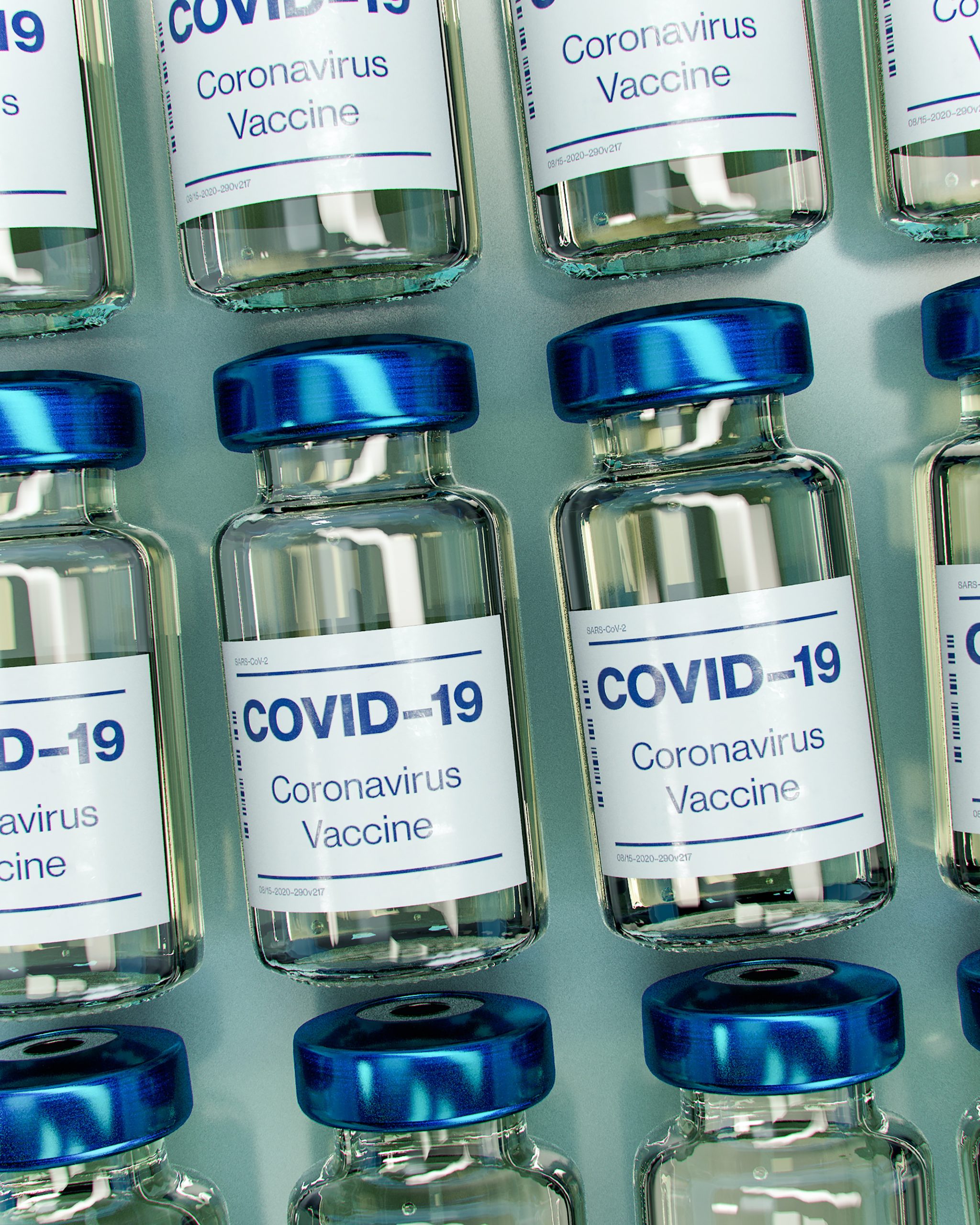Many of us have just come through the hottest summer on record, with droughts drying nature to a crisp, and wildfires raging constantly. Just last week we saw 1/3 of Pakistan flooded, with 33 million people displaced and 1,500 killed. The planet is being ravaged by climate change, and, understandably, people are worried. Unfortunately, for the companies playing a large part in causing climate change, worried people are bad for business. So what do they do? Greenwashing on Social Media! Convince the public that their company is actually “eco-friendly”, “charitable”, “the planet’s best friend!”
What is Greenwashing?
Greenwashing is defined as “disinformation disseminated by an organisation so as to present an environmentally responsible public image.” Basically, it’s a marketing tactic. Being green sells: it removes some of the guilt consumers may feel about buying certain products. So companies will put a lot of effort in to convincing people they’re sustainable, when they’re very much not. A good example is with The Coca-Cola Company, who had been the world’s top plastic polluter for 3 years in a row in 2021, according for the organisation Break Free From Plastic’s annual audit. Despite this, their advertising campaigns tell a different story: one of a company trying their darndest to save the planet. Ads describe their bottles as “recyclable” (only 9% of plastic is ever recycled), and that they’re working to make bottles using recovered and recycled “marine plastic” (but since 2019 they’ve only made 300, and ignore that a good chunk of marine plastic probably came from them anyway).

So how do businesses use Social Media to sway public opinion?
A Harvard University study commissioned by Greenpeace Netherlands has shown that Social Media is at the forefront of Greenwashing. They found that 67% of oil, airline and car companies’ social media posts involve their “green innovation.” Like with Coca-Cola, they focus on the ‘planet-saving’ tech they’re “developing”, and steer clear of mentioning their massively polluting general operations. It also found that 1-in-5 ‘green’ ads from car companies actually sold a product. Their products aren’t green, they just want to look green as a brand.
Their ads also star female-presenting people, non-binary presenting people, non-Caucasian presenting people, and generally youths. Interesting that these are the demographics with the most climate anxiety huh? Engagement on social media is all about relatability. If the climate-anxious see people ‘just like them’ enjoying a brands cars, then they’ll be more inclined to feel morally confident buying from that brand. And, on social media, their audience is massive, and their reach extensive.
We need to break away from their influence!
We need to face Greenwashing the same way we face Fake News. By unravelling the hold that social media has on all our lives, we can more clearly see the truth, away from the disinformation filling our phone screens. Instead of building a new and “better” world in the Metaverse, whilst we unwittingly destroy the real, invaluable world through corporate influence, we must strive to live in the Mesaverse instead. We all have a better chance of saving the planet if we fully engage with and appreciate the world we live in: exist in a deeper reality than the one we’ve come to accept as inevitable. LifeBonder is a platform through which people can sever ties to social media, and helps them join reality again.




